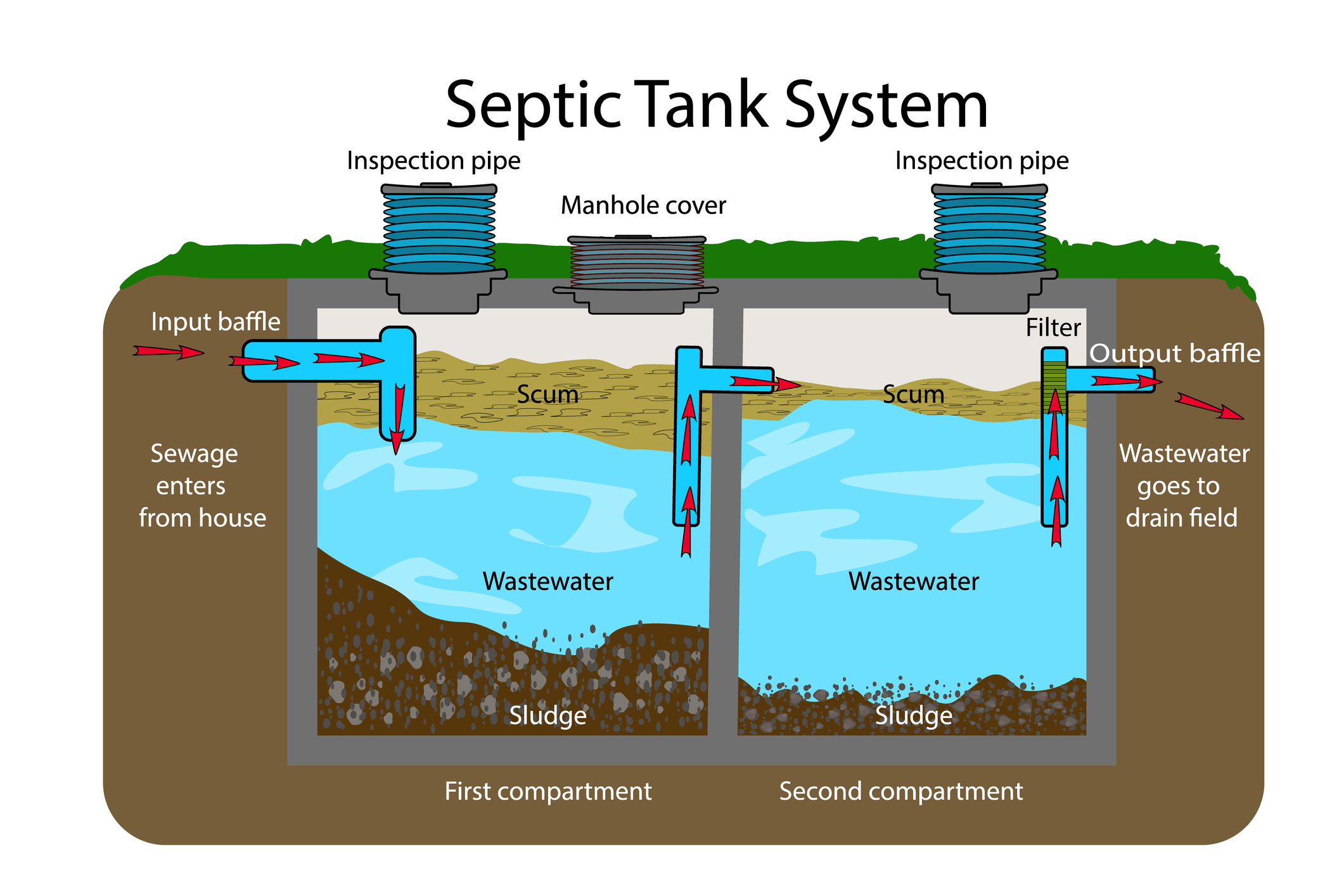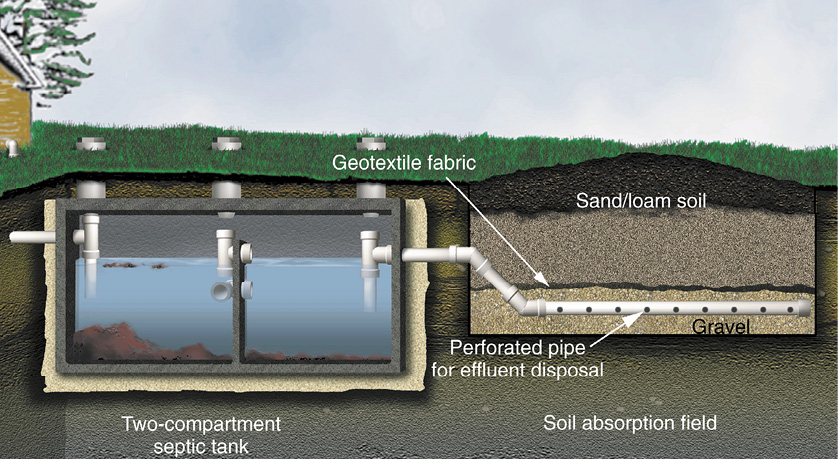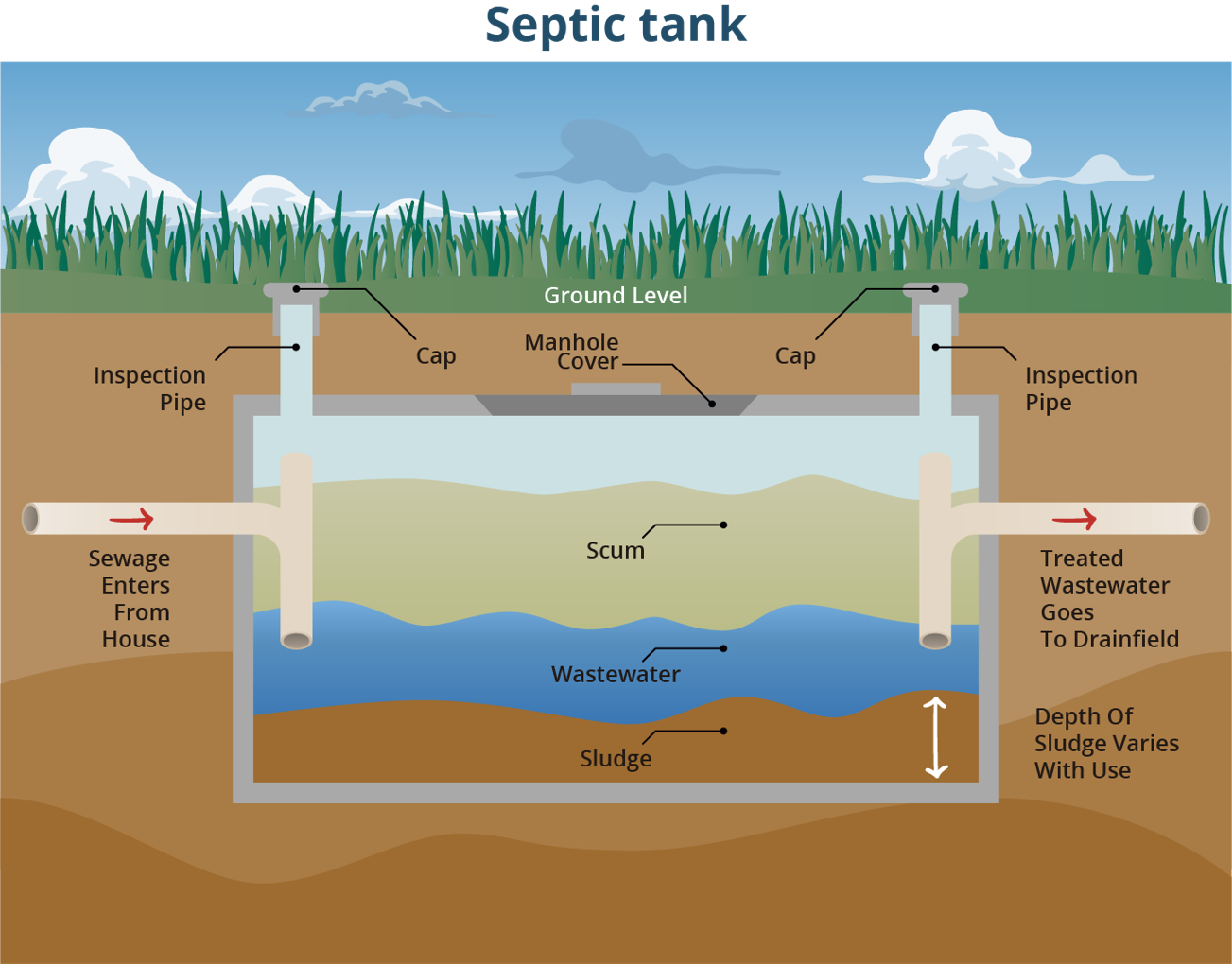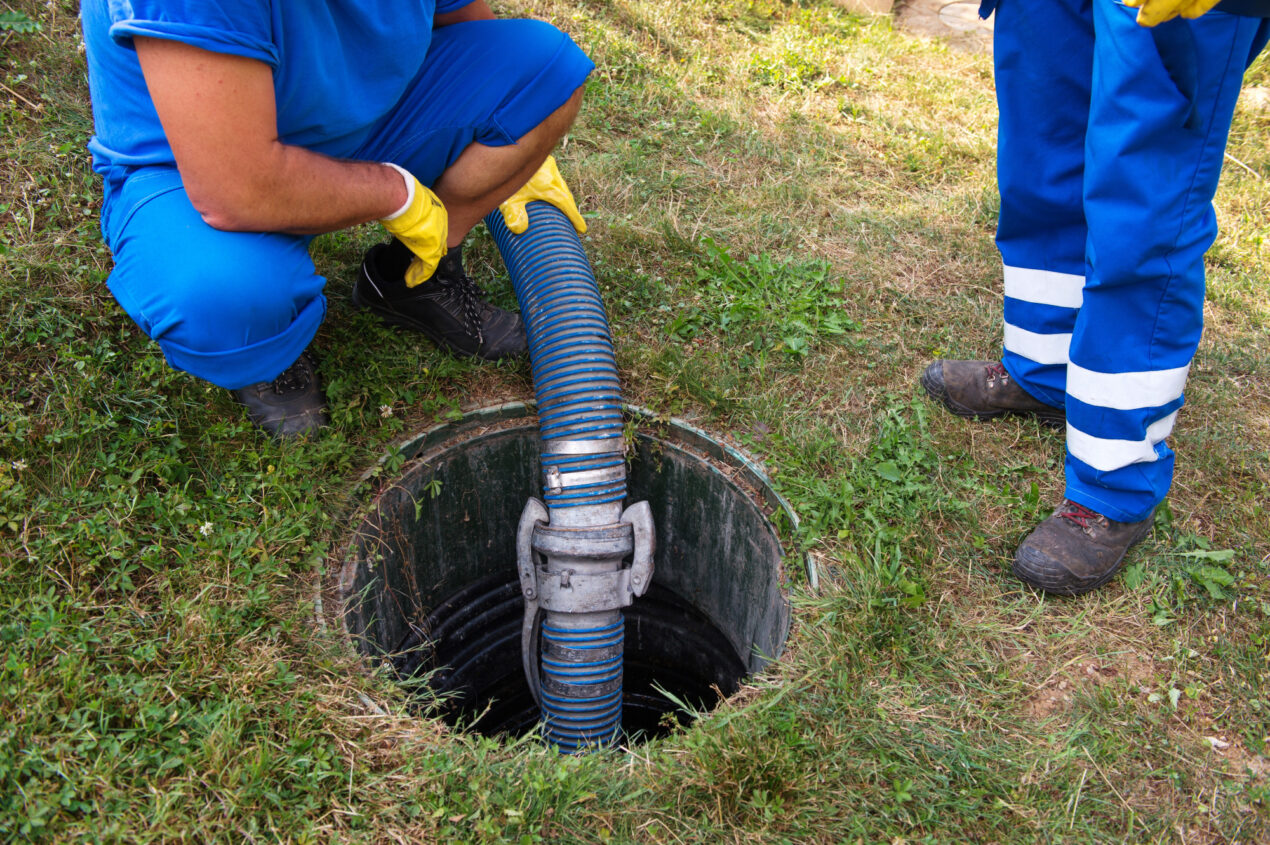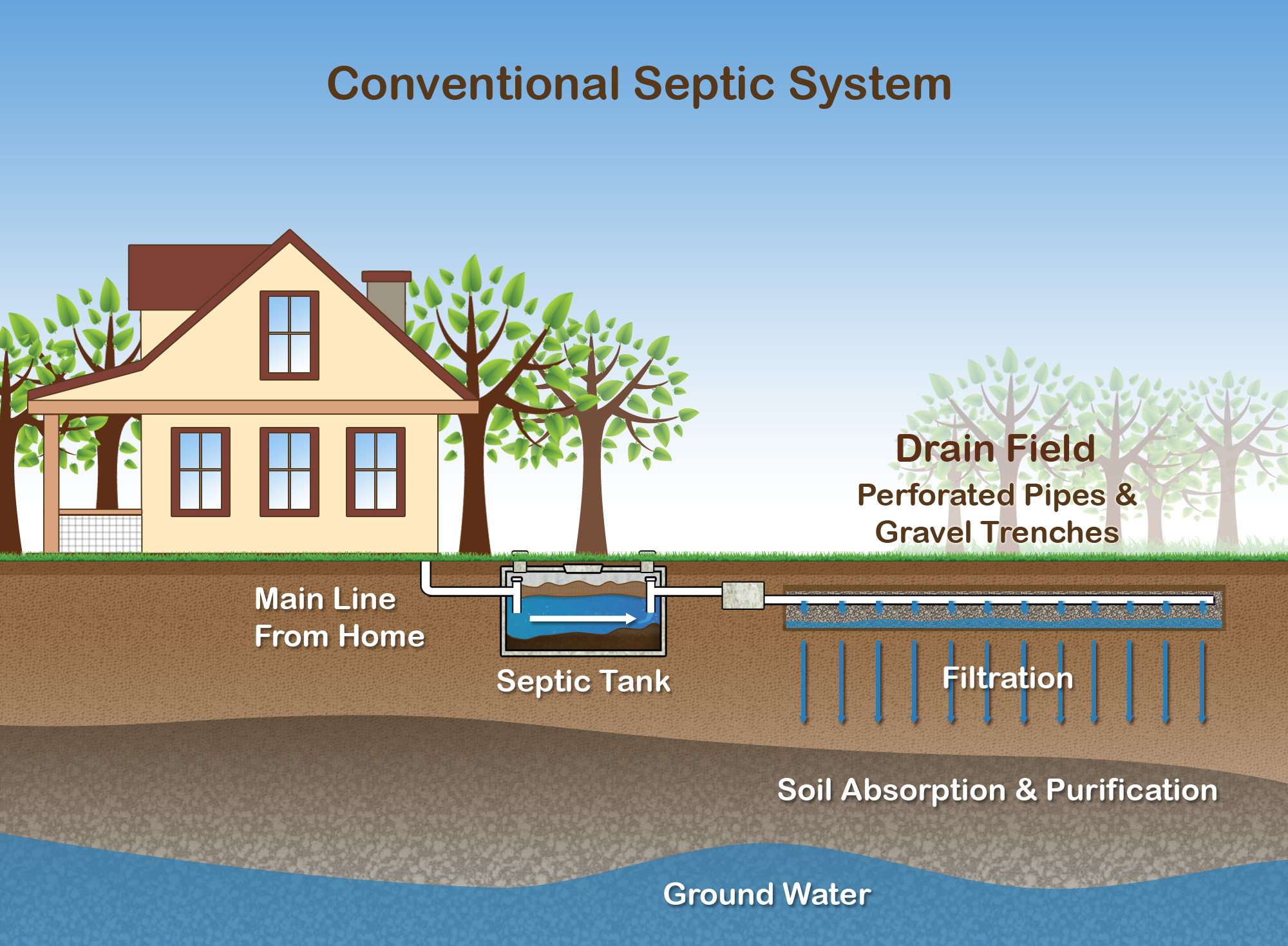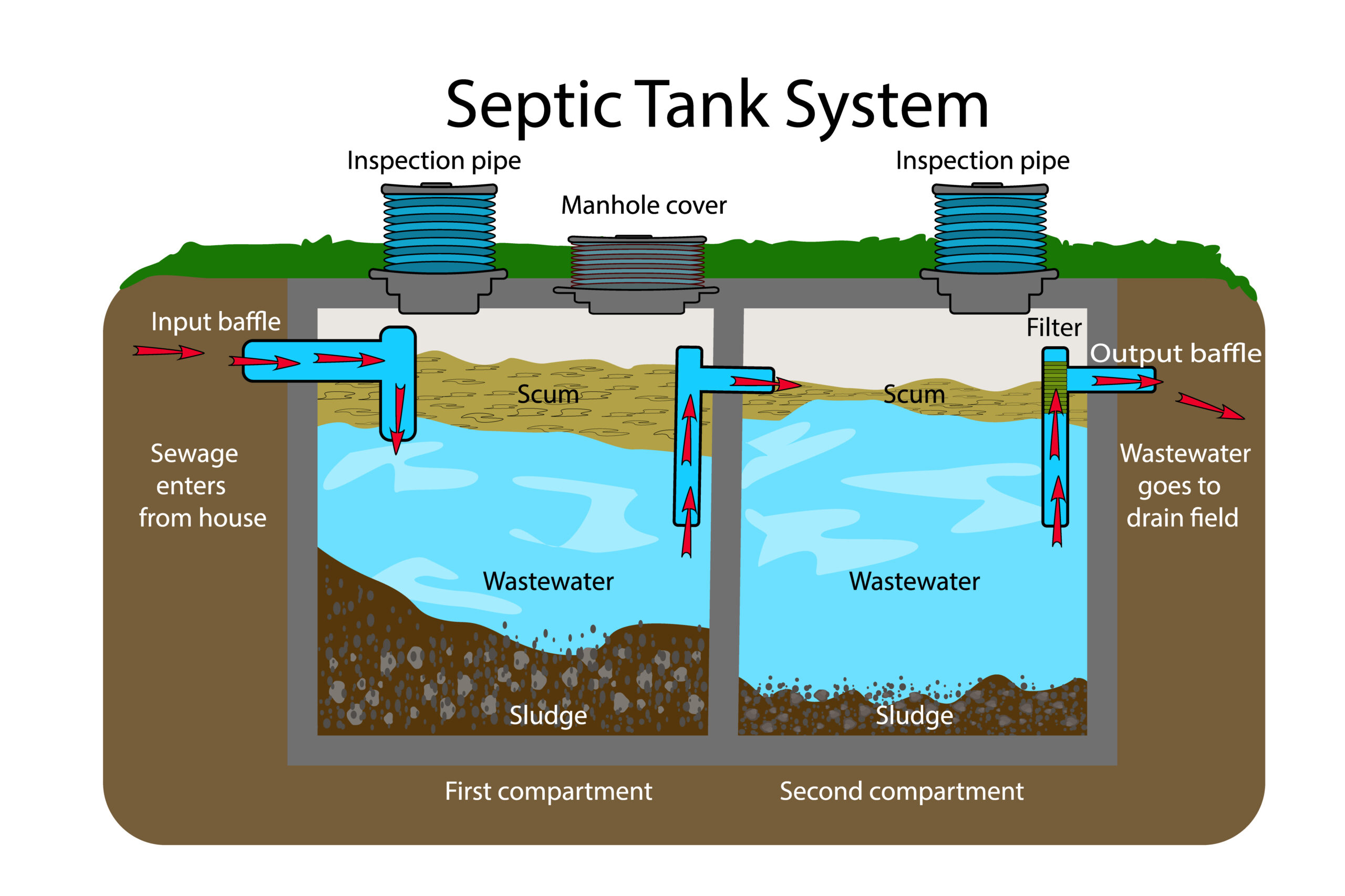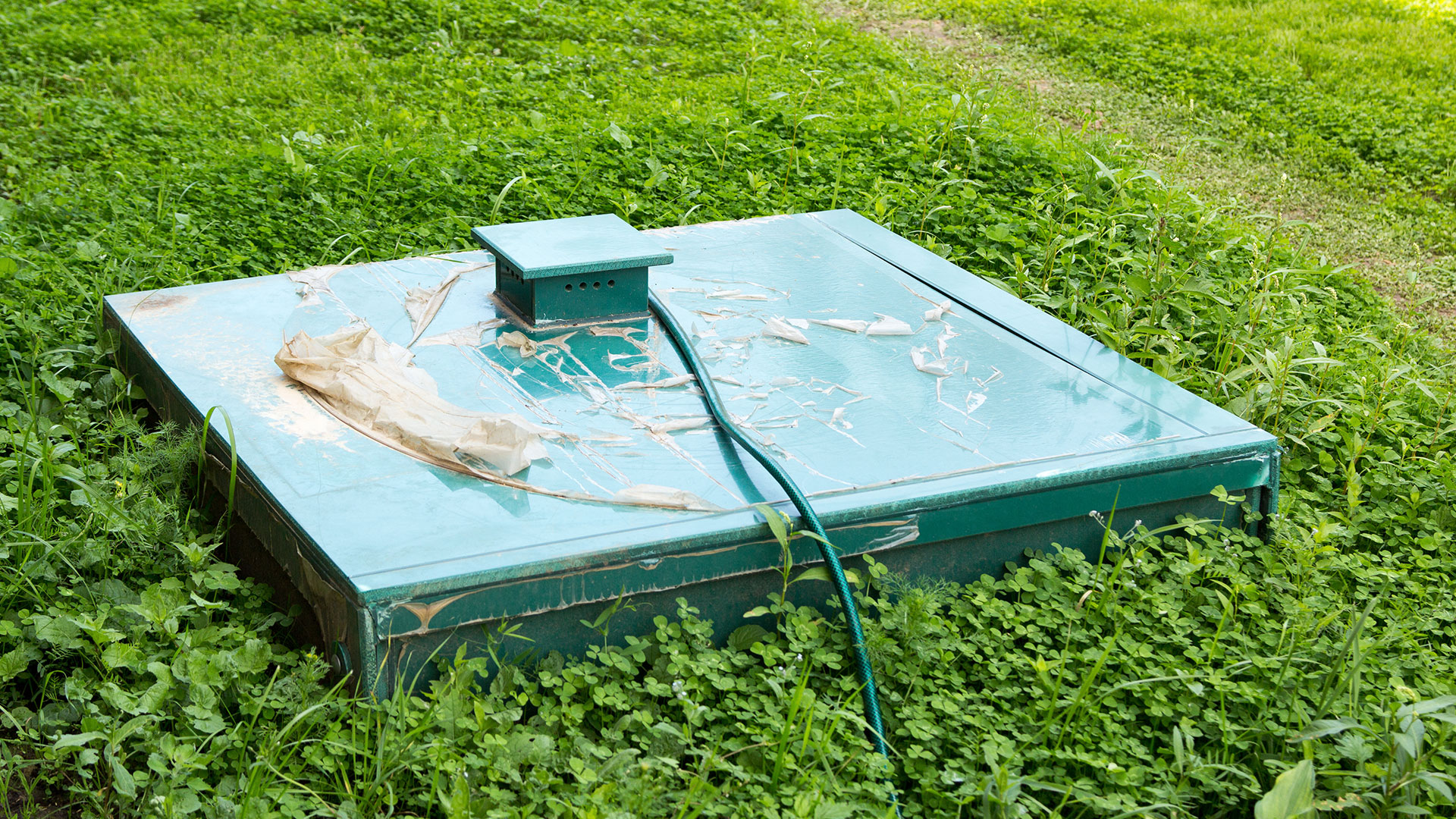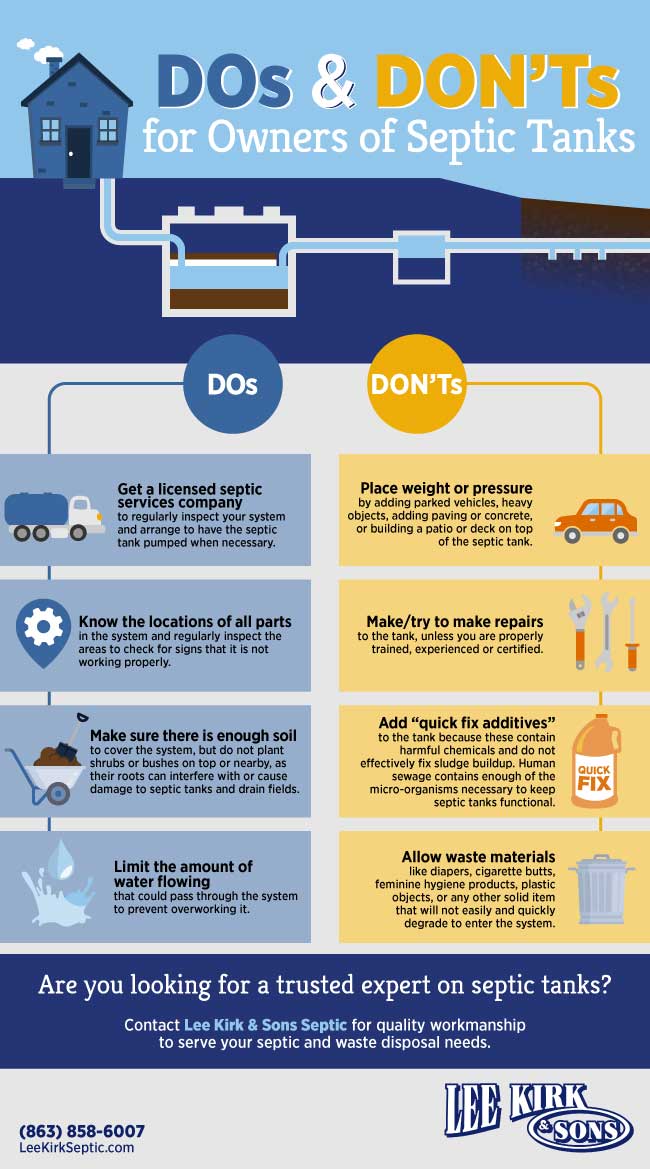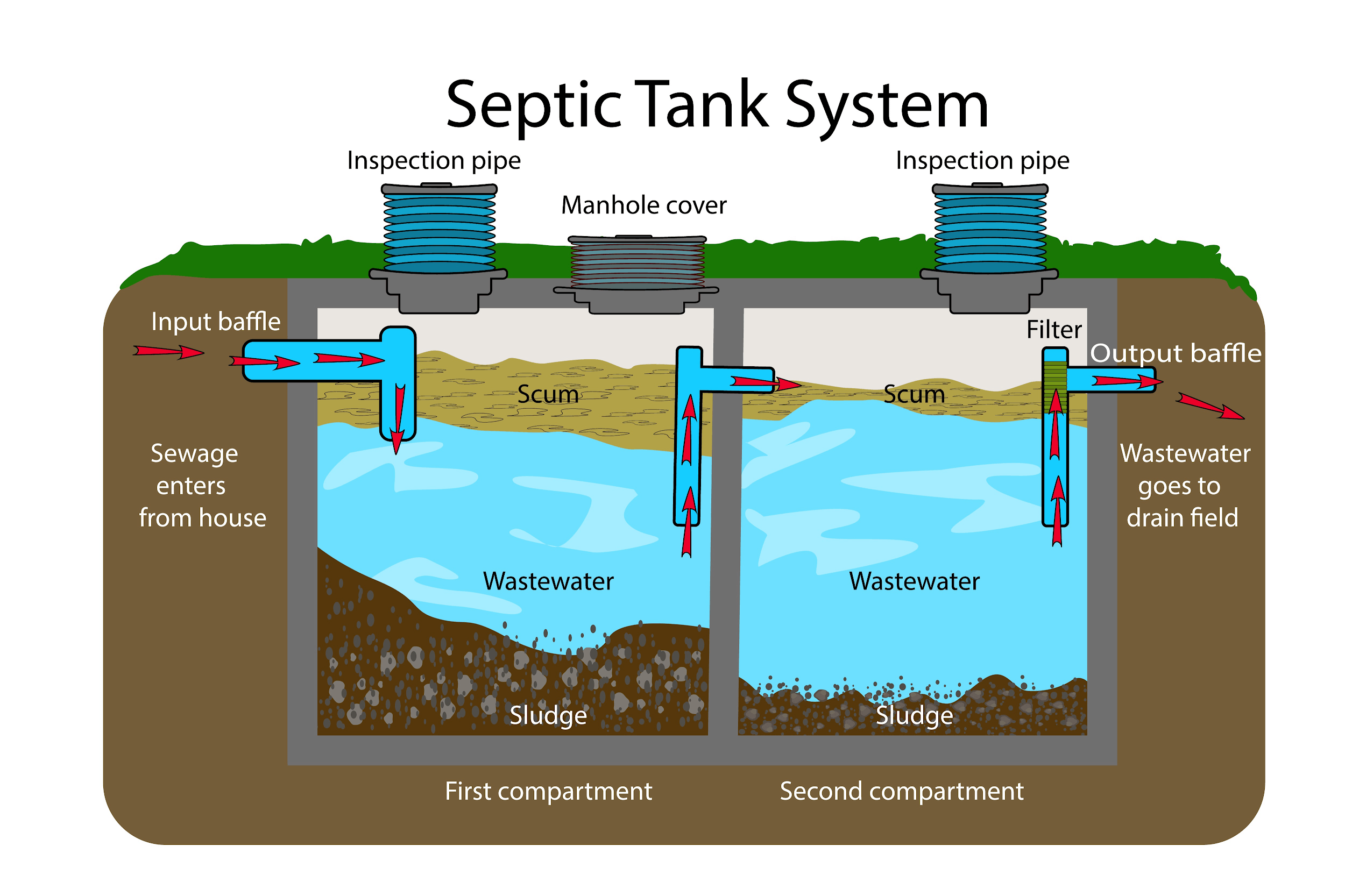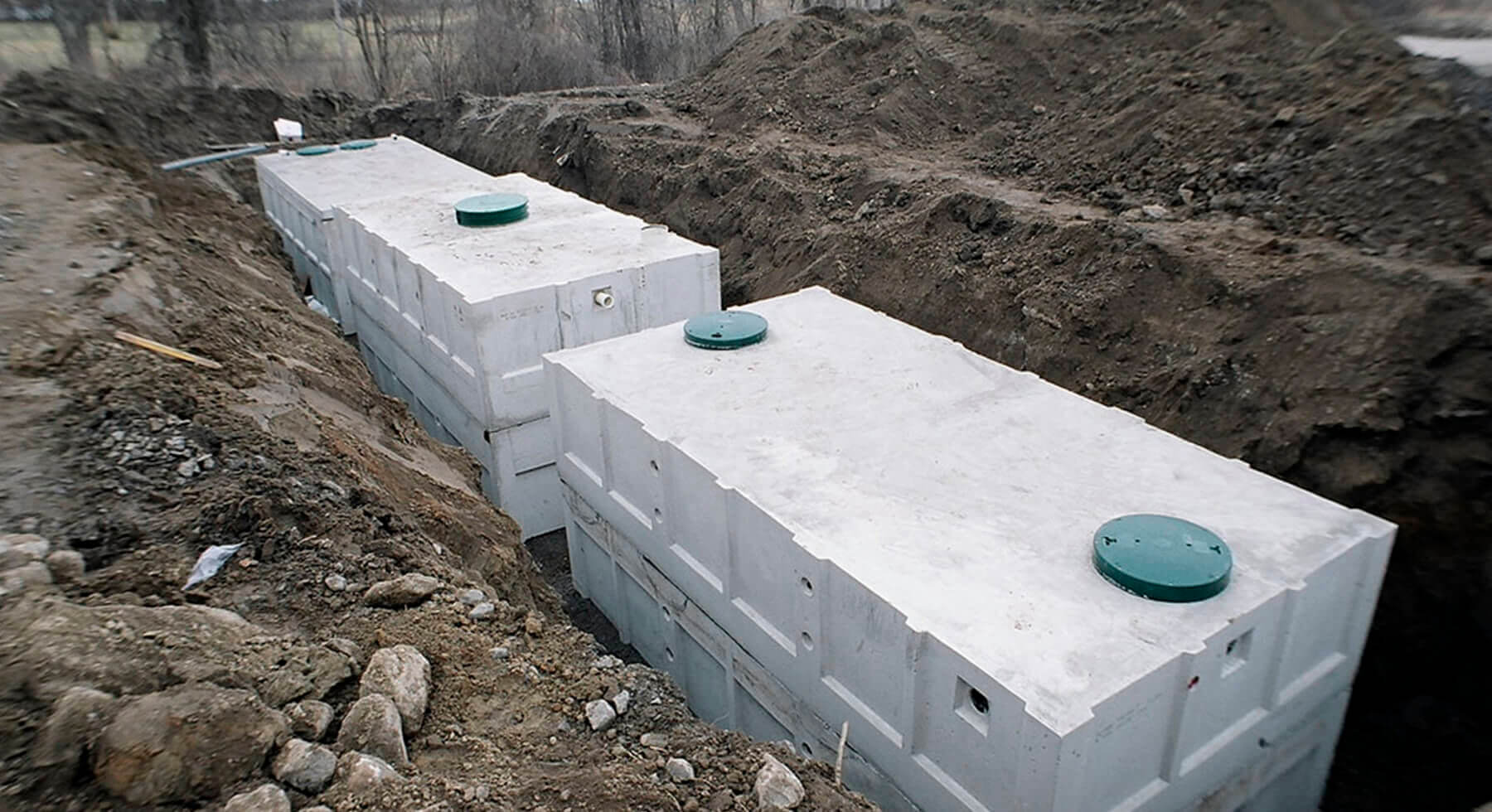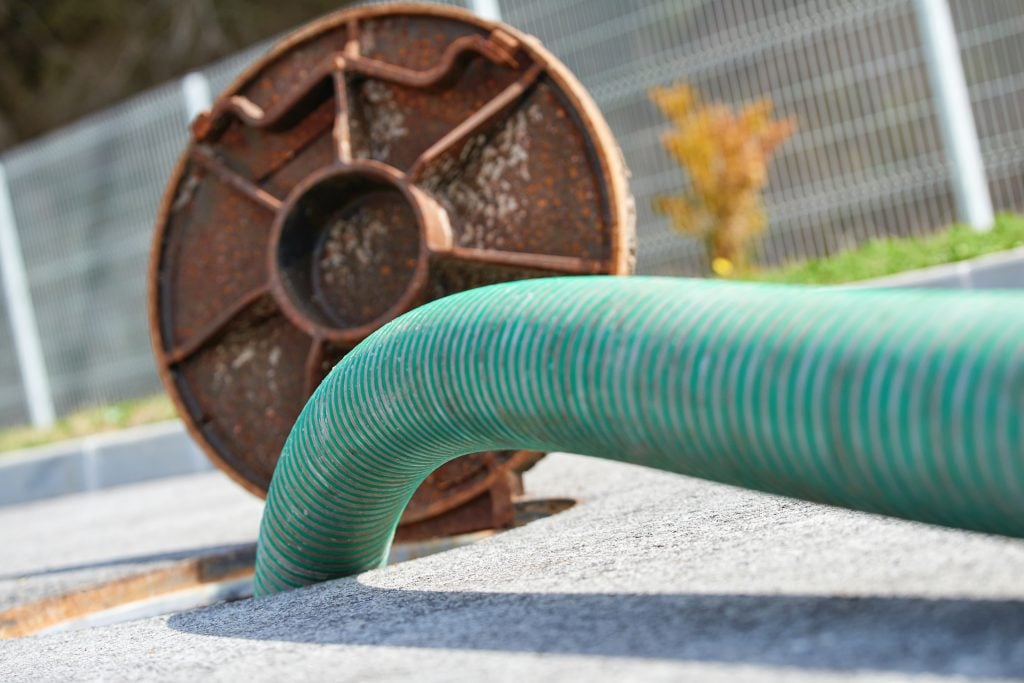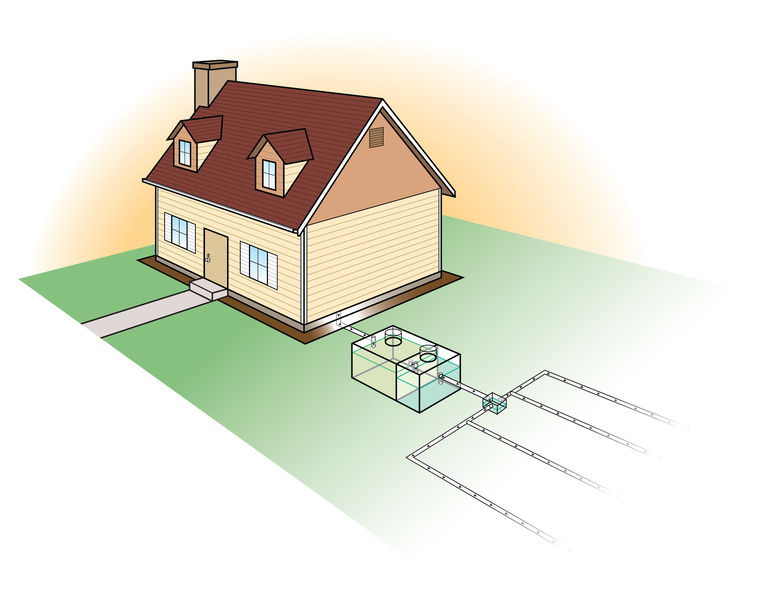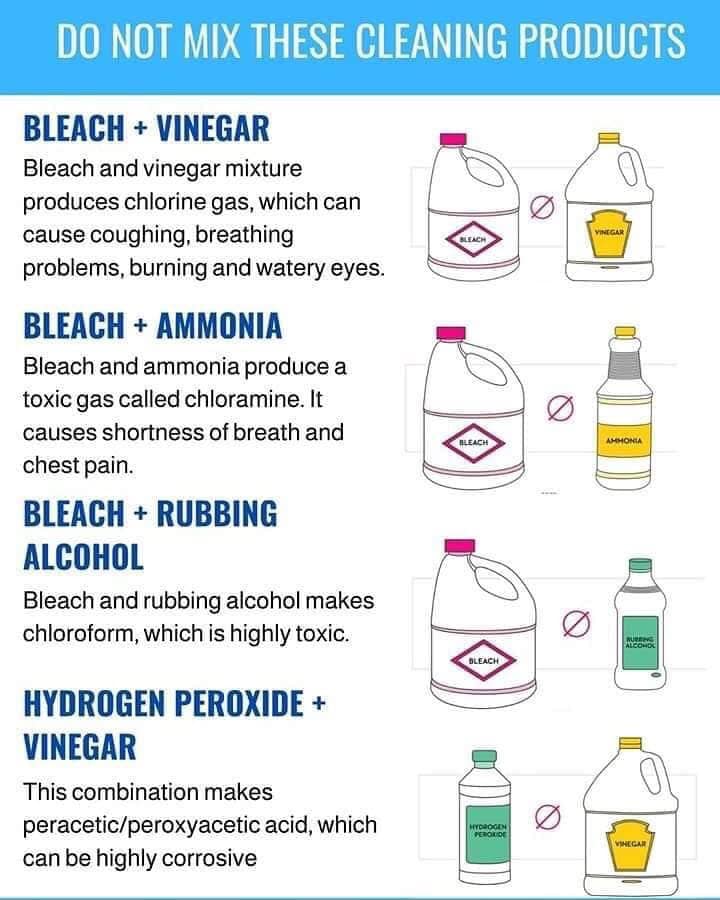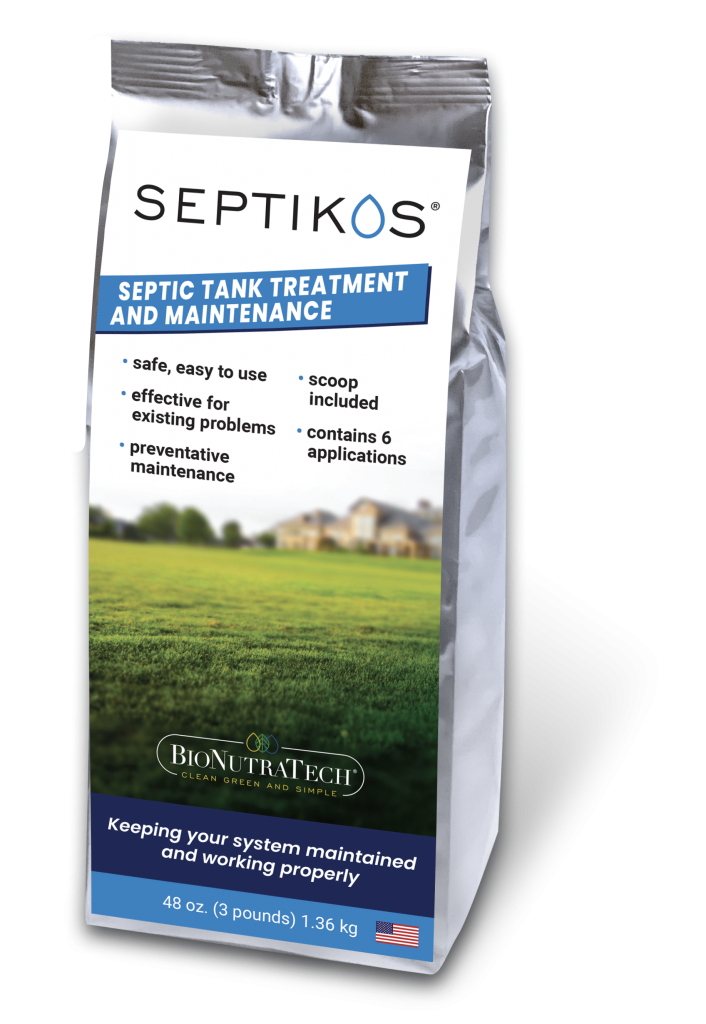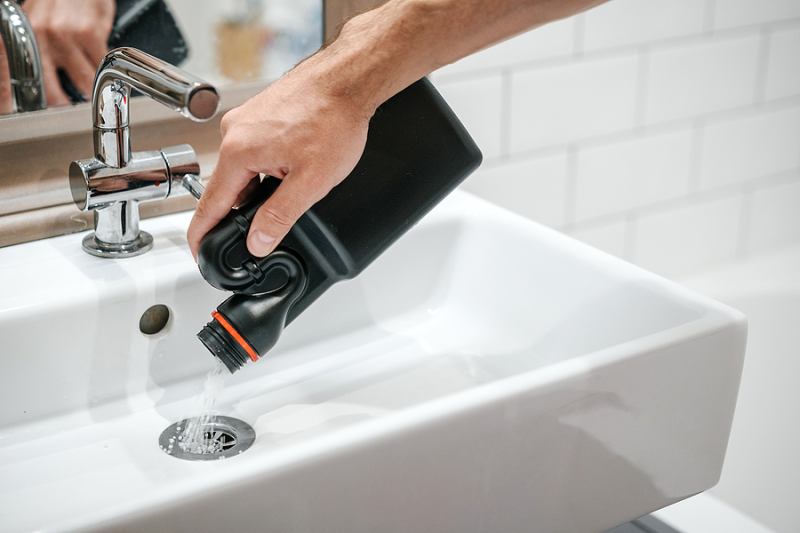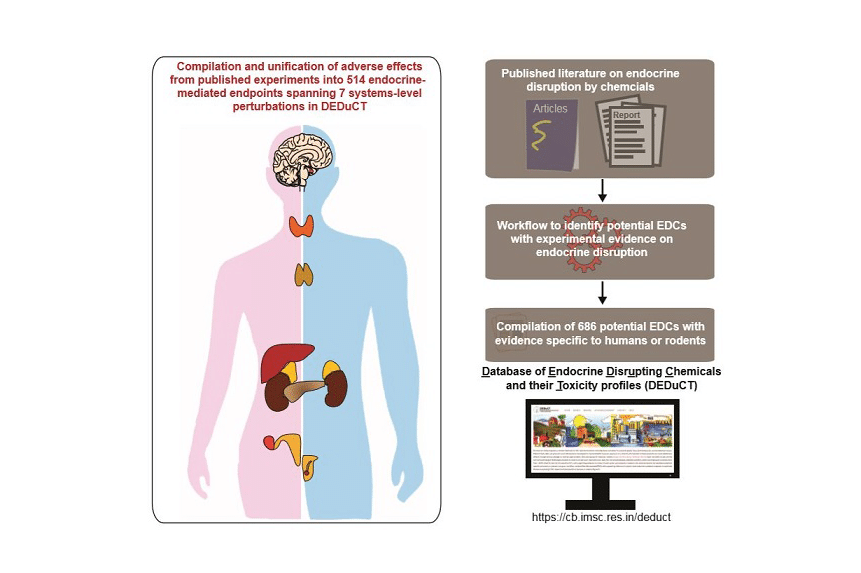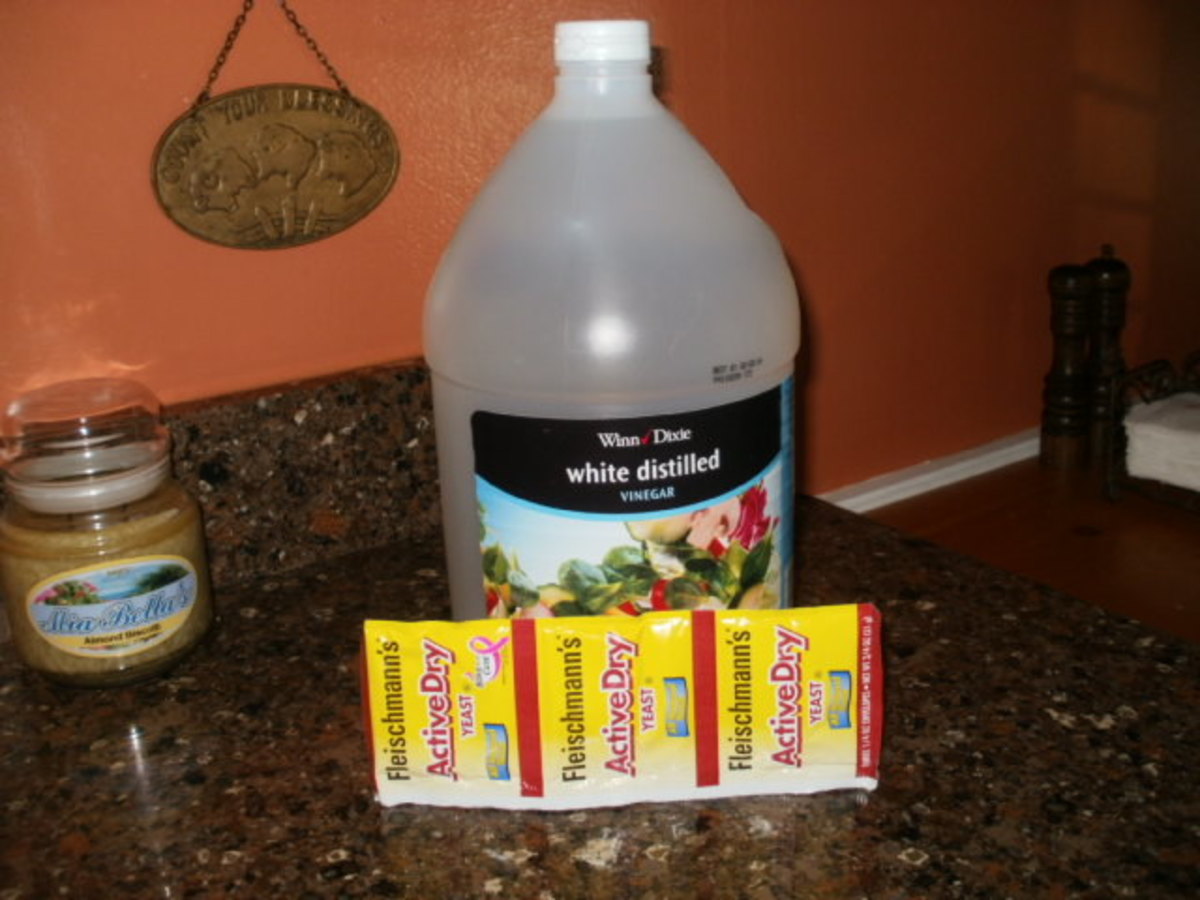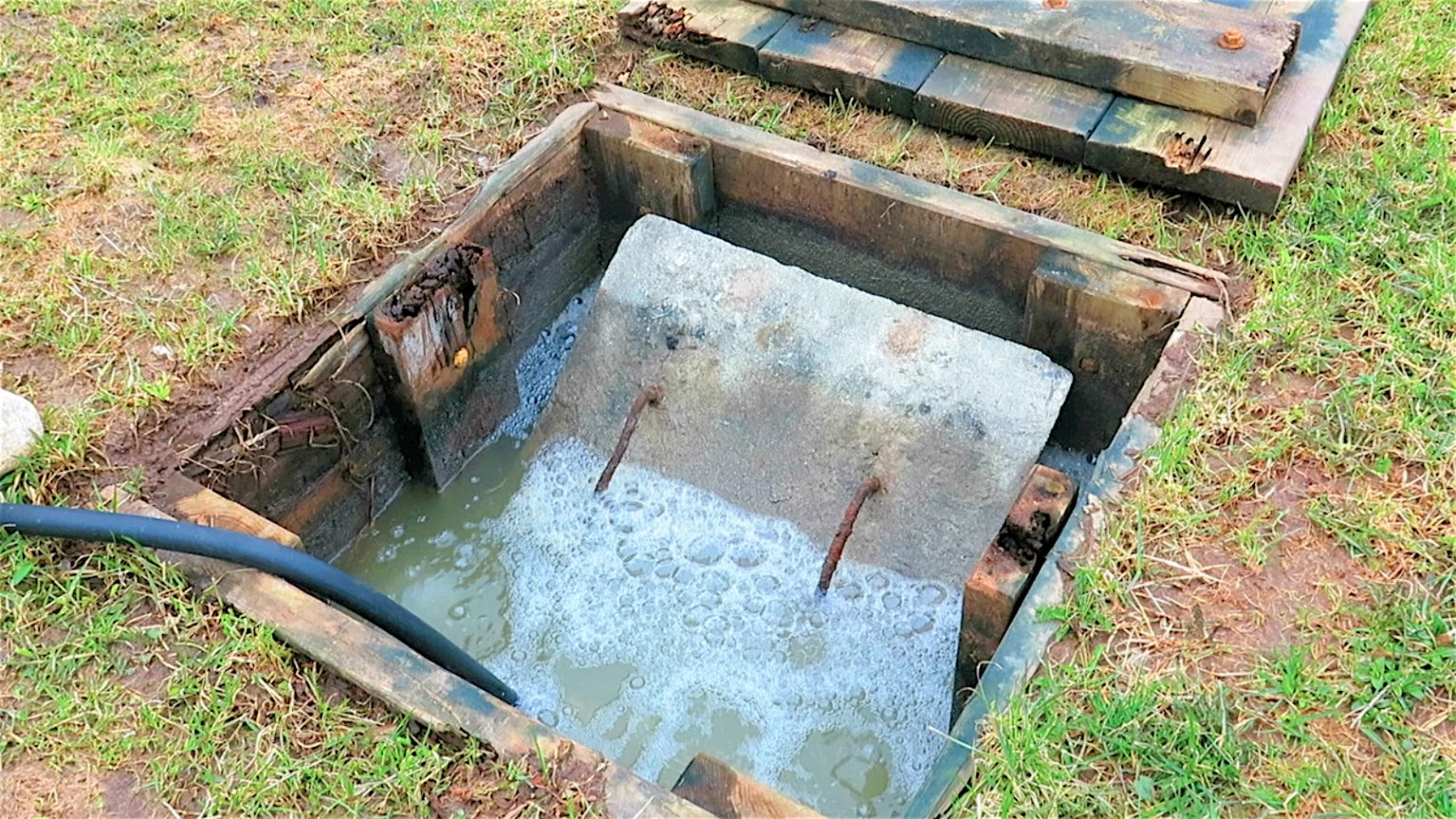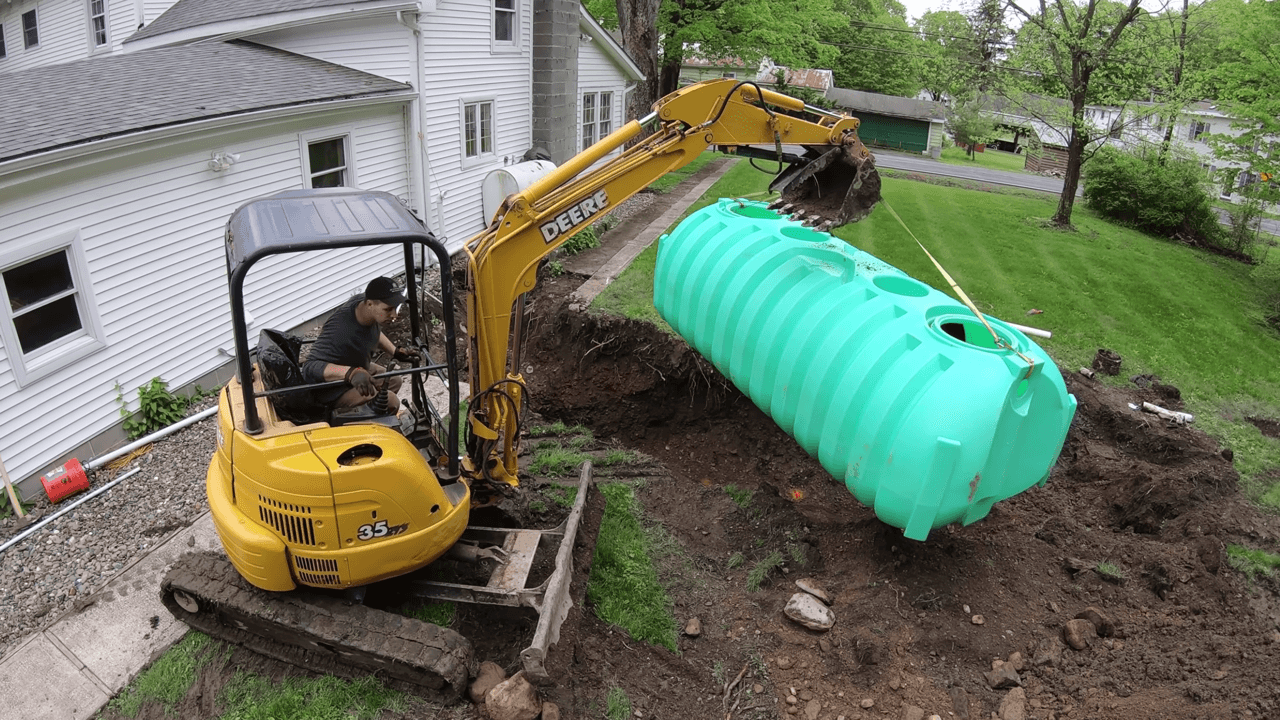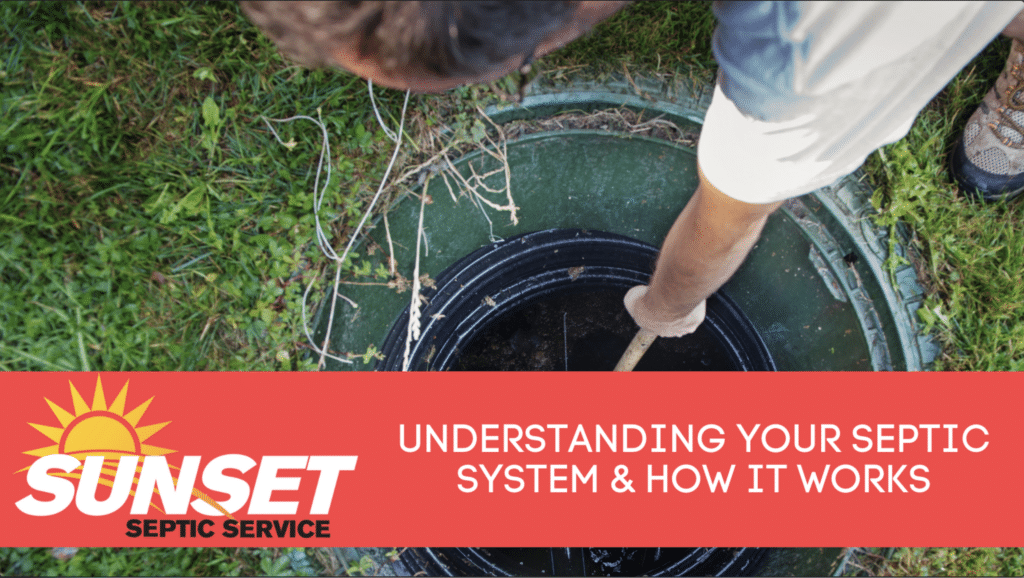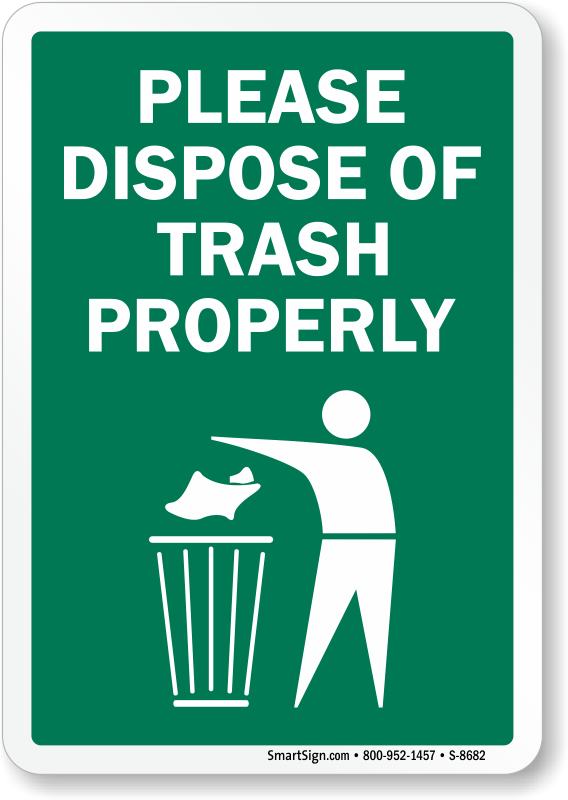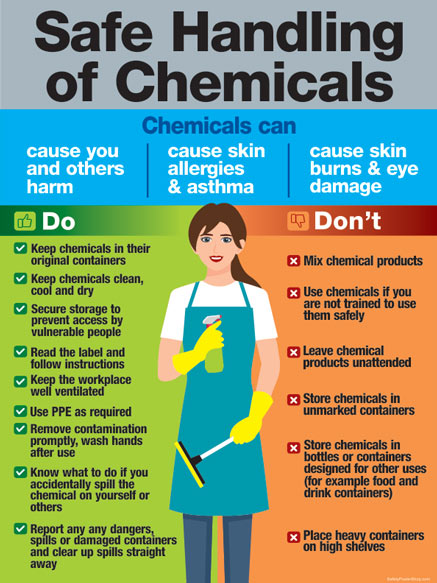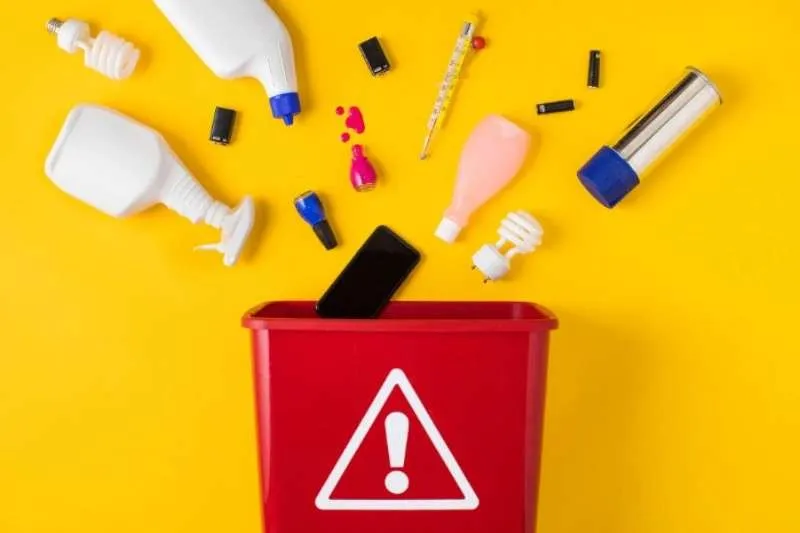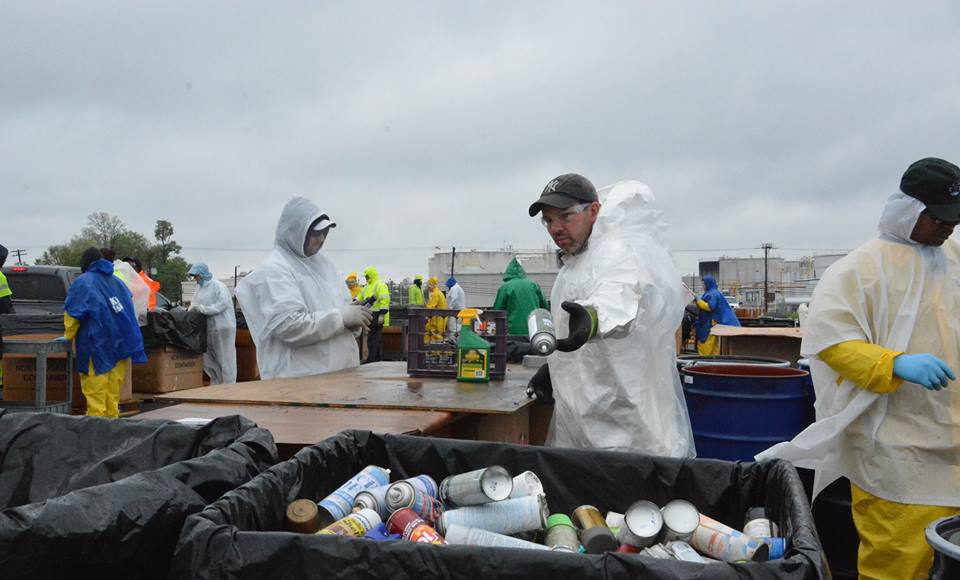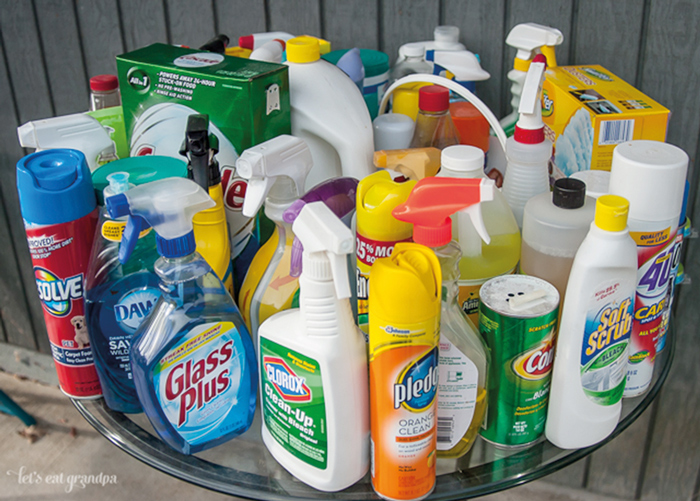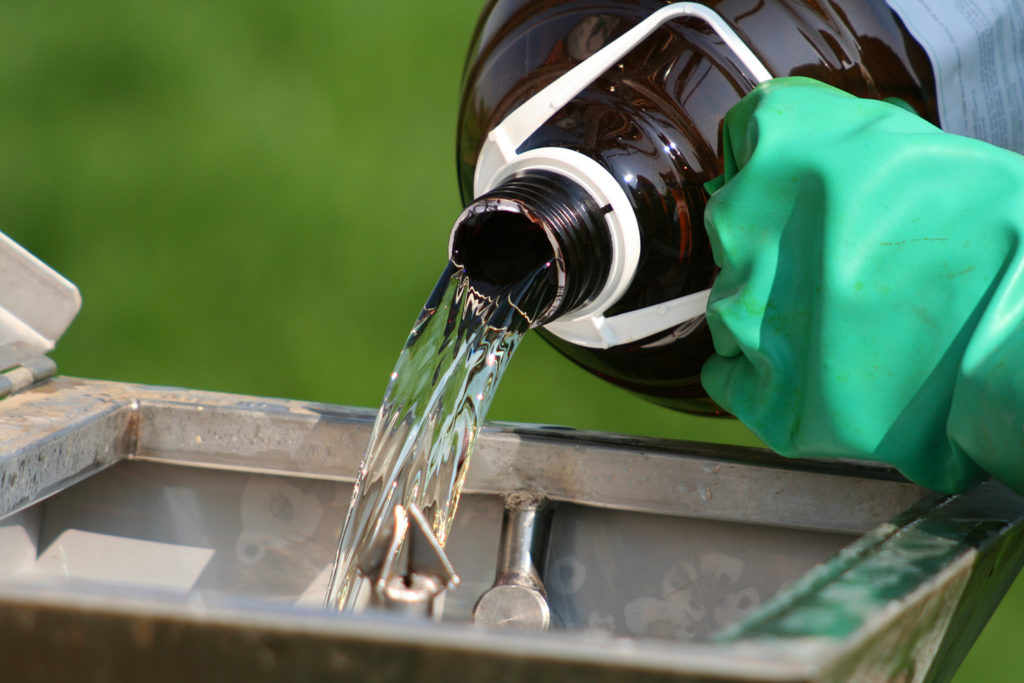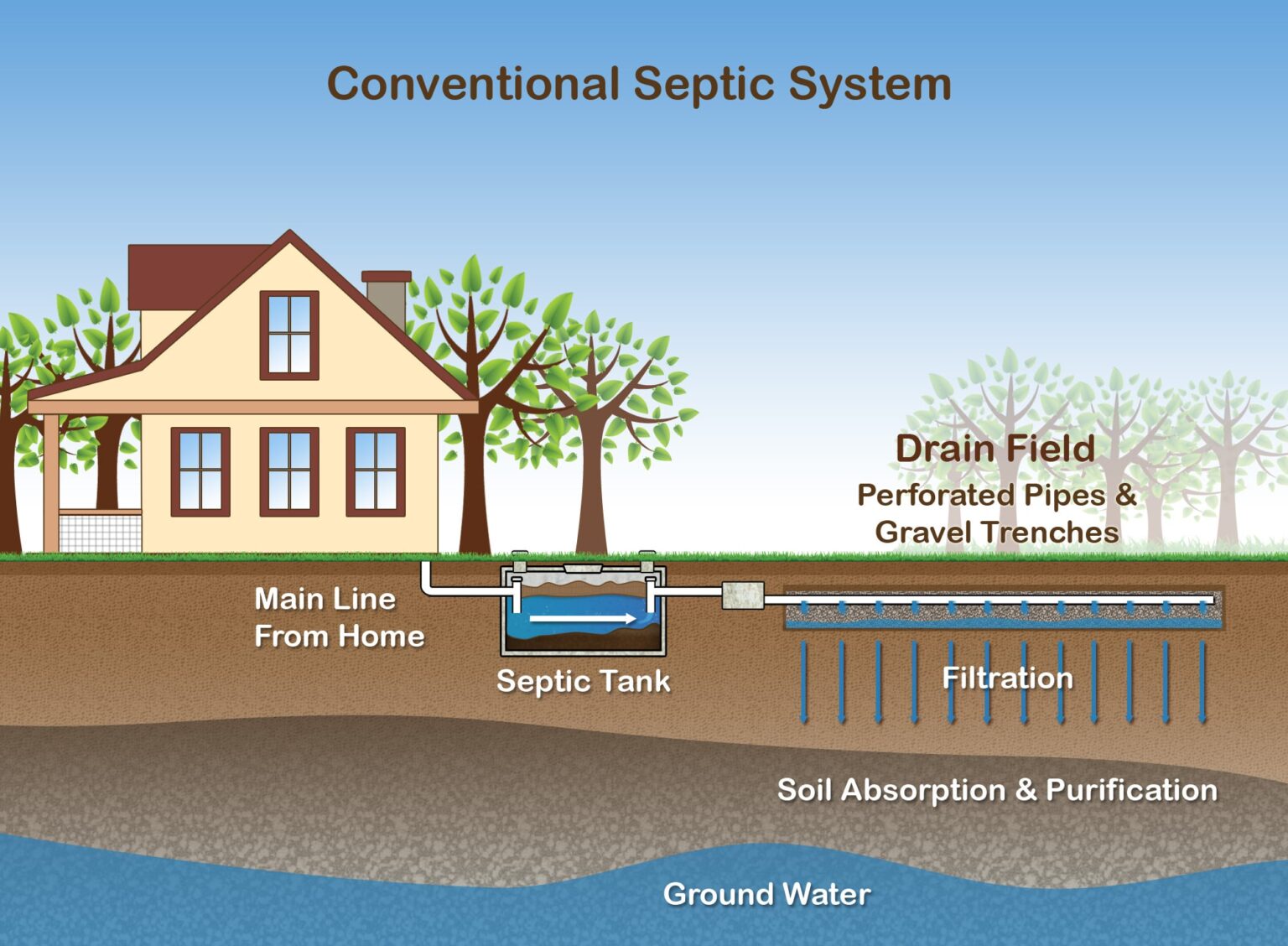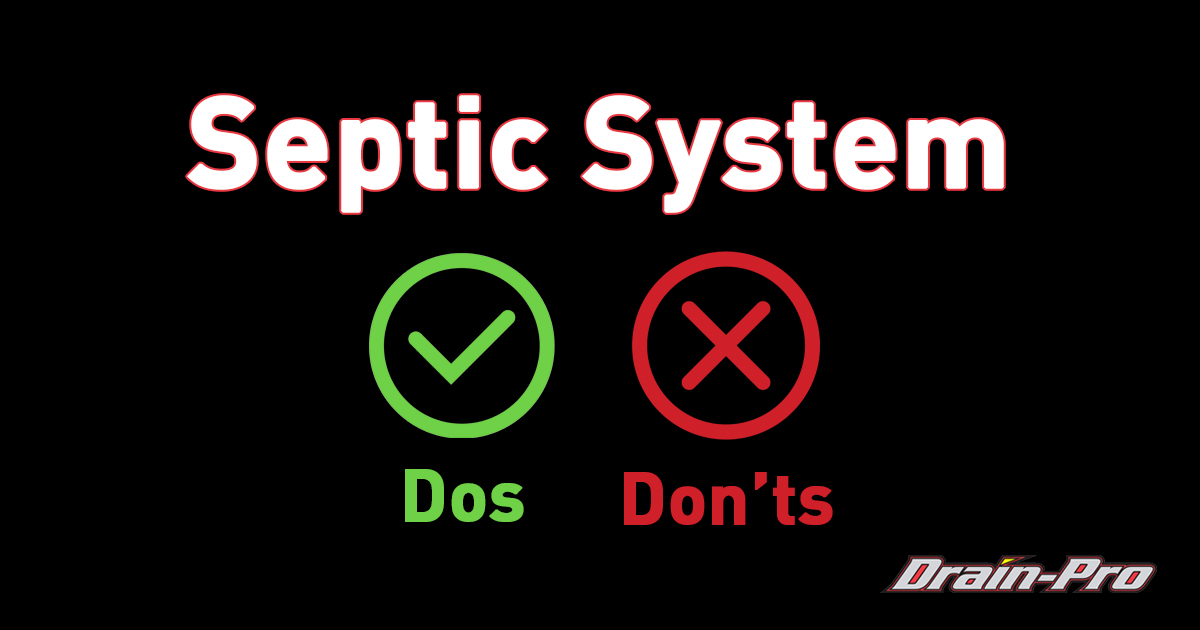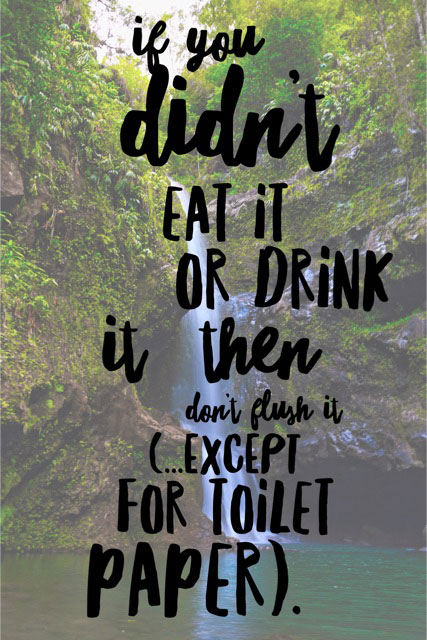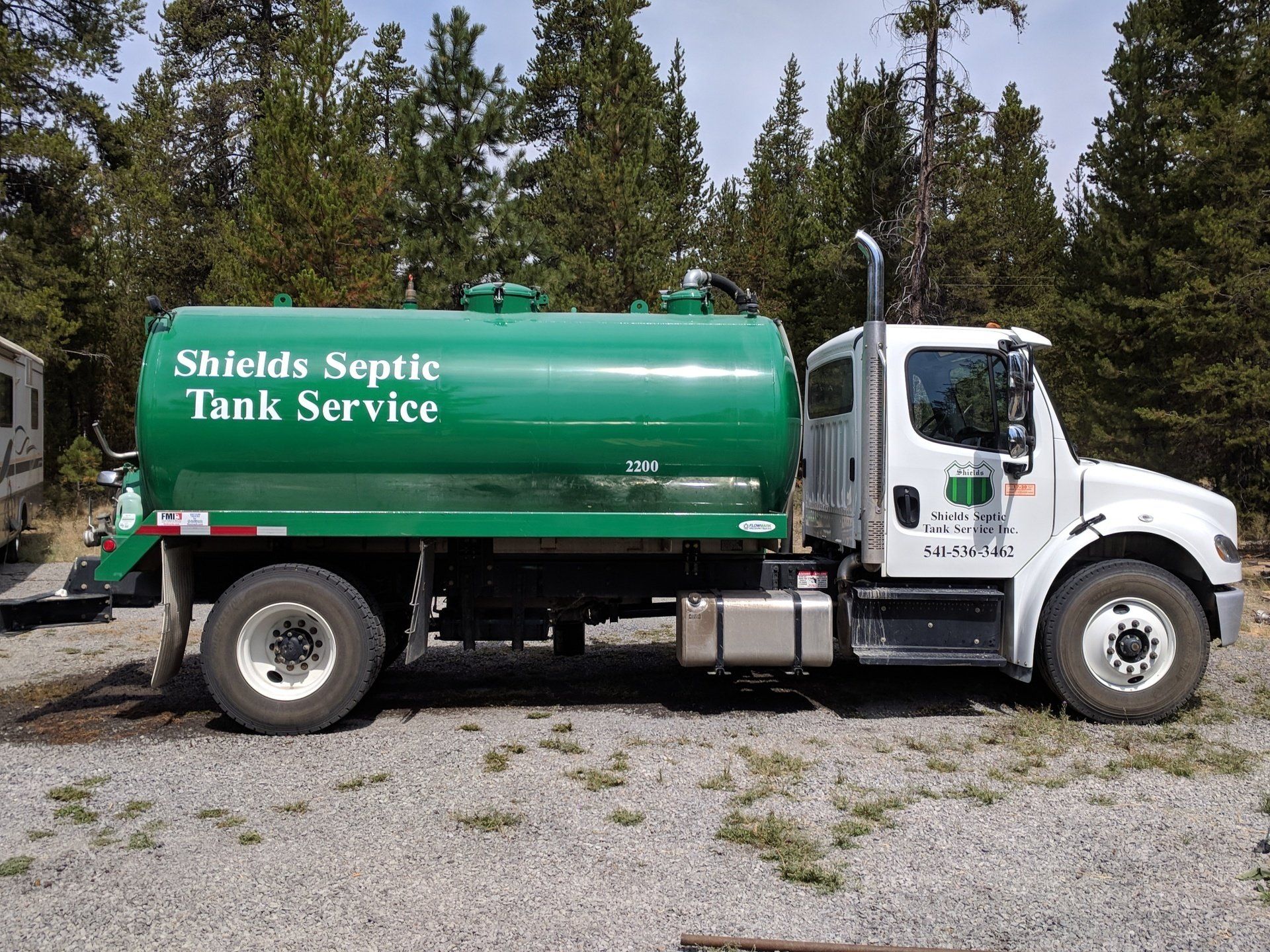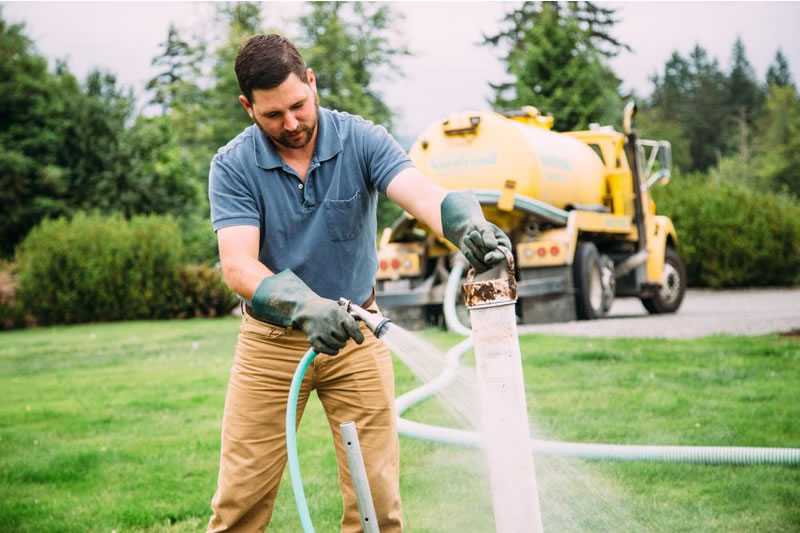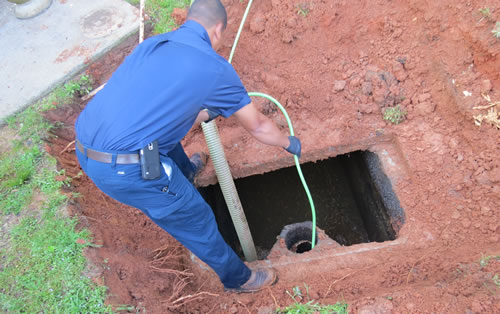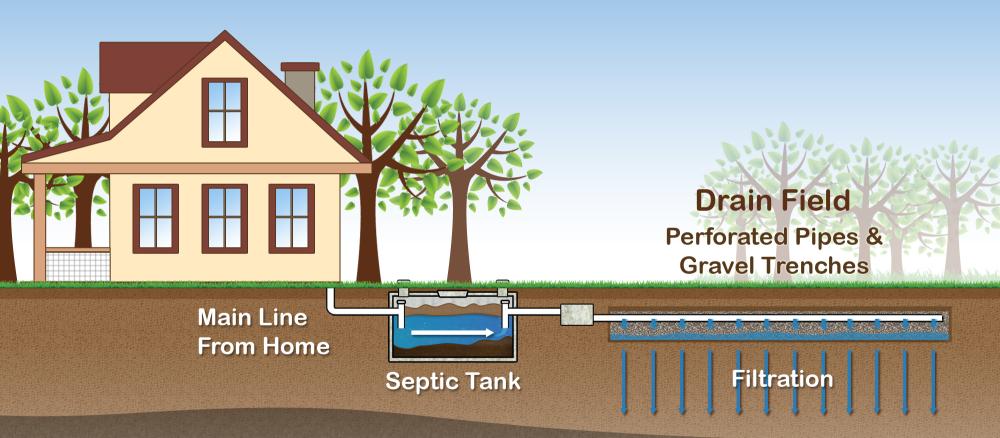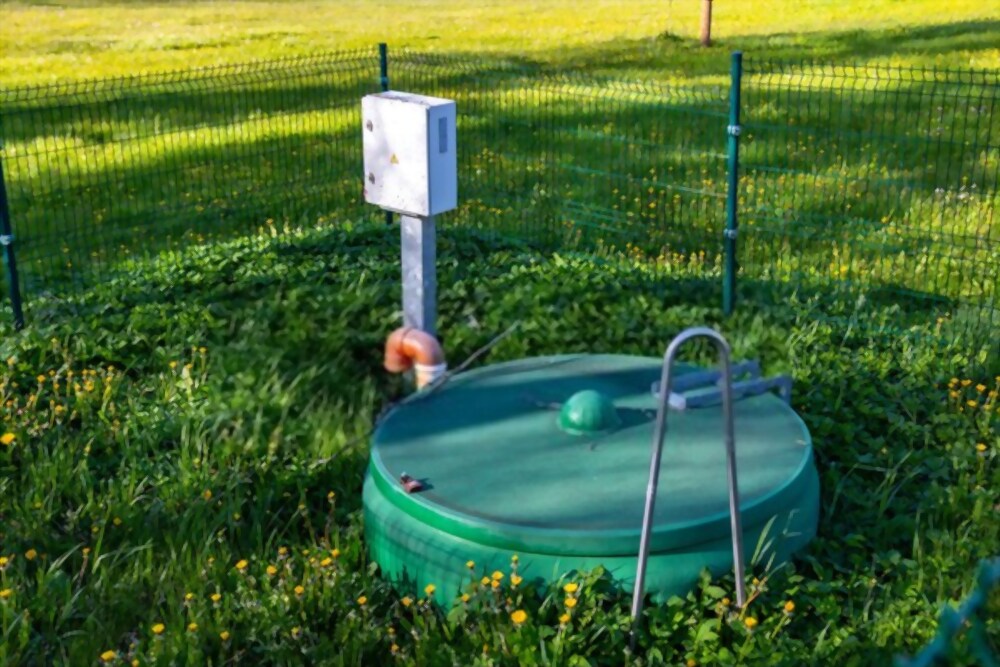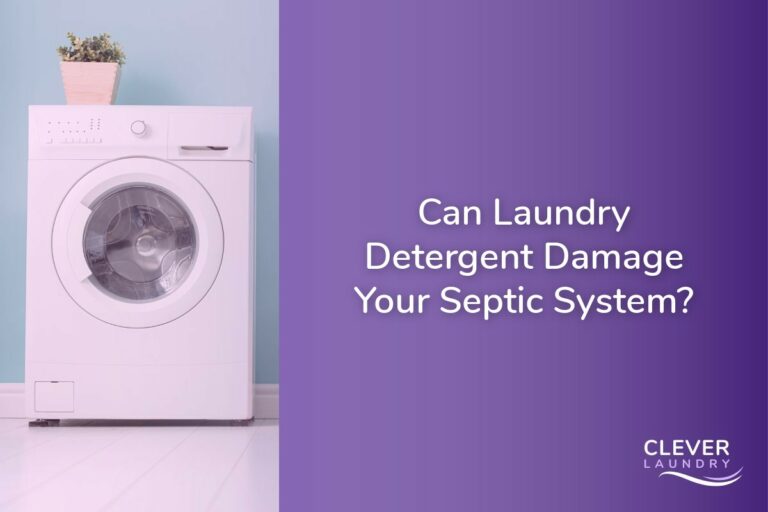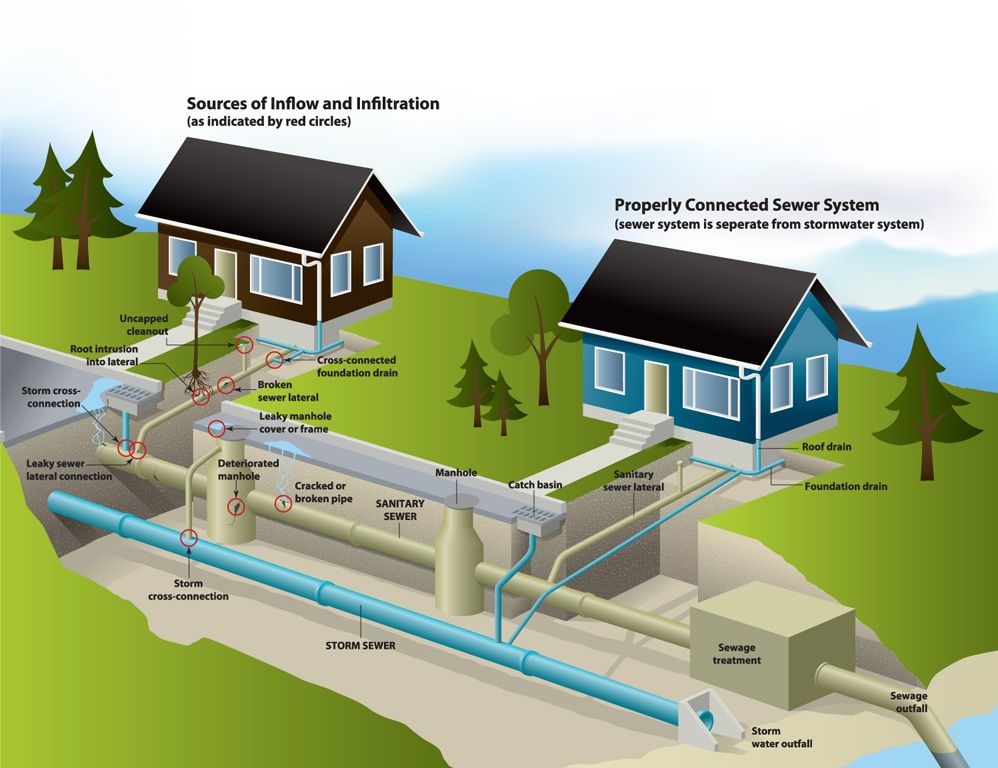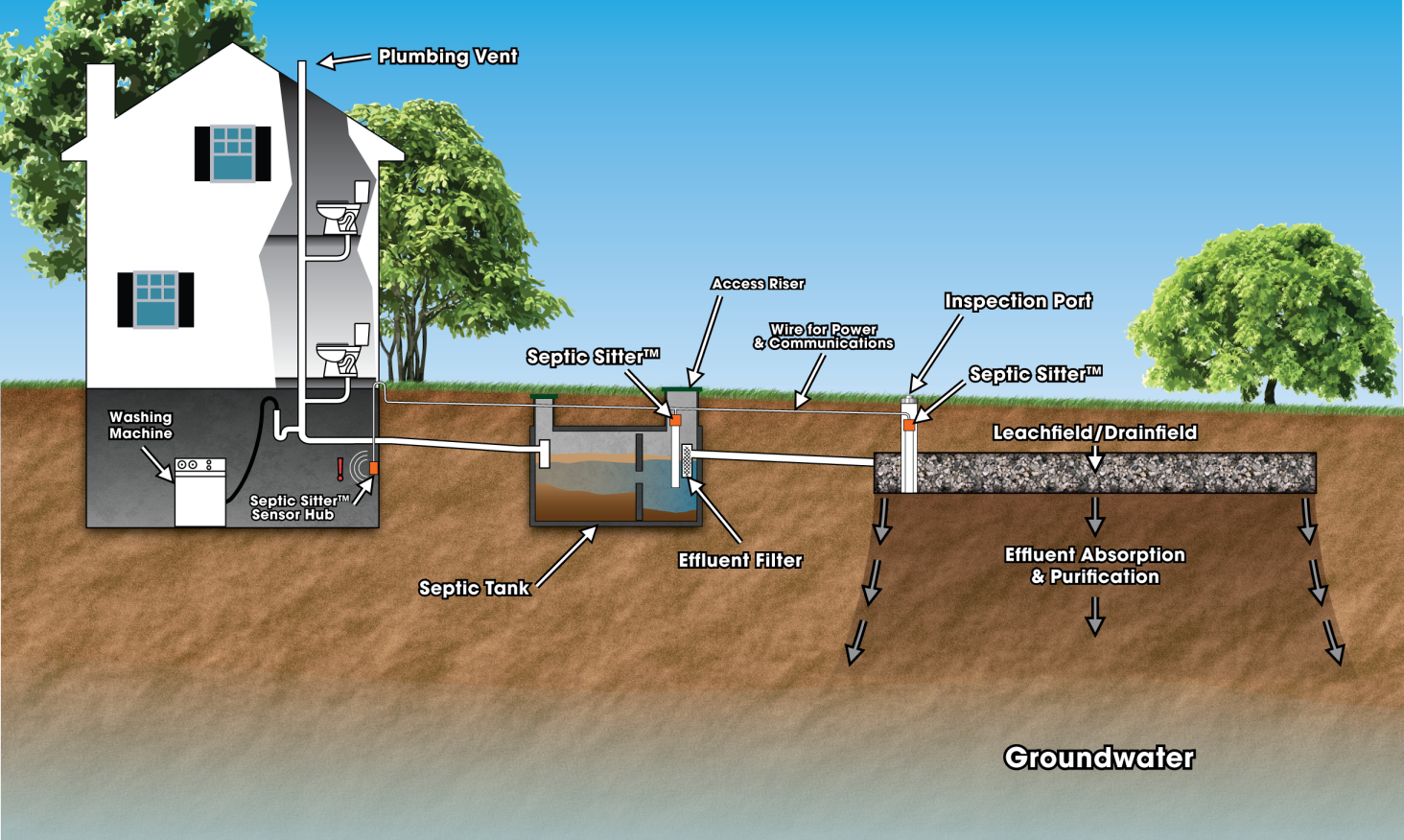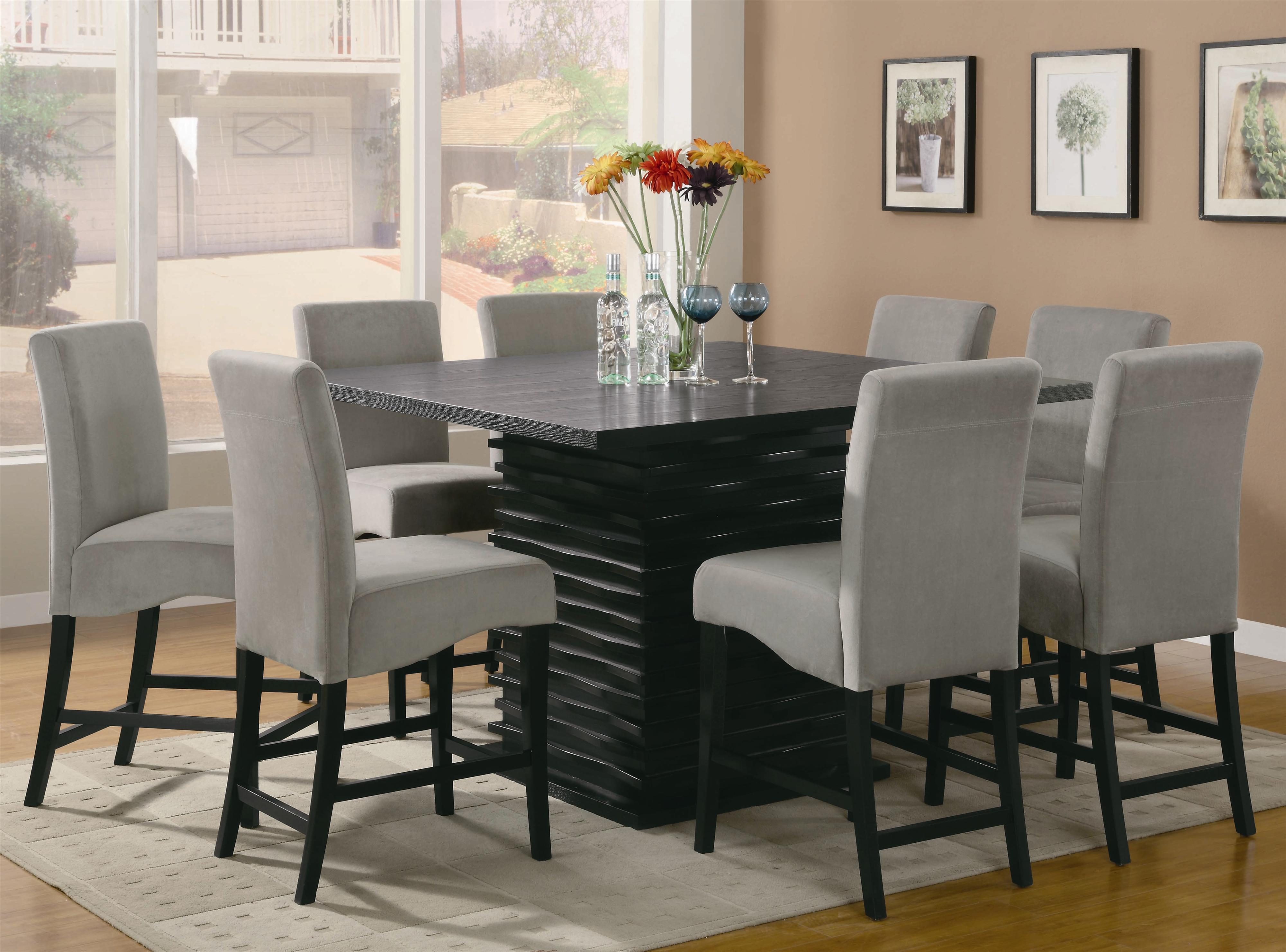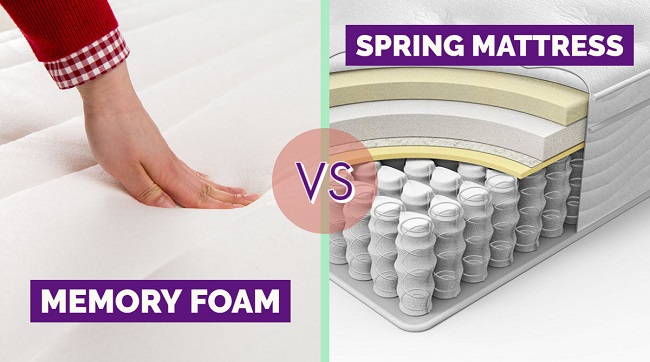If you have a septic system in your home, proper maintenance is crucial to keep it functioning properly. One of the most common mistakes homeowners make is putting harmful chemicals down their drains, which can cause serious damage to the septic tank and the surrounding environment. Septic chemicals are often marketed as a quick and easy solution to maintain a healthy septic system. However, many of these products contain harsh chemicals that can do more harm than good. In this article, we'll discuss the top 10 main chemicals that you should never put down your kitchen sink, and how to properly care for your septic system.Septic Tank Maintenance: What Not to Put Down the Drain
Proper care and maintenance of your septic system are essential to ensure it operates efficiently and lasts for many years. The first step is to understand how your septic system works and what can cause damage to it. A septic system is designed to treat and dispose of household wastewater by separating solid waste from liquids. The solids settle at the bottom of the tank, while the liquids are released into the drain field. Harmful chemicals can disrupt this process and cause the septic tank to malfunction.How to Care for Your Septic System
When it comes to caring for your septic system, there are several do's and don'ts to keep in mind. These guidelines will help prevent any damage to your septic tank and ensure it functions properly for years to come. Do:Septic Tank Do's and Don'ts
Now that you know the basics of septic system care, let's take a closer look at the specific chemicals that can cause damage to your septic tank. Antibacterial Soaps and Cleaners: These products contain triclosan, which can kill the beneficial bacteria in the septic tank that breaks down waste. This can lead to a buildup of solids and cause the tank to fail. Bleach: While bleach is an effective cleaner, it can also kill the good bacteria in your septic tank. It can also harm the delicate balance of the tank's ecosystem, making it more difficult for the system to break down waste. Harsh Chemicals: Chemicals found in drain cleaners, toilet bowl cleaners, and other household products can be extremely damaging to your septic system. They can kill the beneficial bacteria and corrode the pipes, causing leaks and clogs.Chemicals That Can Harm Your Septic System
Proper disposal of household chemicals is not only important for the health of your septic system but also for the environment. Here are a few tips for disposing of these chemicals safely:How to Properly Dispose of Household Chemicals
In addition to avoiding harmful chemicals, there are other maintenance tasks you can do to keep your septic system running smoothly. Here are some dos and don'ts to remember: Do:Septic System Maintenance: Dos and Don'ts
Aside from chemicals, there are also many other items that should never be flushed down the toilet or poured down the drain. These include:What Not to Flush: A Guide to Septic System Care
The best way to keep your septic system healthy is by following proper maintenance and care practices. Regularly pumping and inspecting the tank, avoiding harmful chemicals, and being mindful of what you flush down the drain can go a long way in preserving the health of your septic system. Additionally, educating yourself and your family on the do's and don'ts of septic system care can prevent any accidental damage and save you from expensive repairs in the future.How to Keep Your Septic System Healthy
Gasoline and Motor Oil: These substances are extremely toxic to the bacteria in your septic tank and can cause serious damage. Always properly dispose of these chemicals at a designated facility. Paint and Solvents: Paint and solvents contain harsh chemicals that can kill the good bacteria in your septic tank. These products should be disposed of at a hazardous waste facility.Chemicals That Can Damage Your Septic System
In conclusion, proper disposal of household chemicals is crucial to protect your septic system and the environment. By following the do's and don'ts of septic system care and avoiding harmful chemicals, you can ensure that your septic system functions properly for years to come. Remember, when in doubt, always err on the side of caution and properly dispose of chemicals at designated facilities rather than risking damage to your septic system. Your septic tank will thank you for it!Proper Disposal of Household Chemicals to Protect Your Septic System
The Dangers of Putting Septic Chemicals Down Your Kitchen Sink
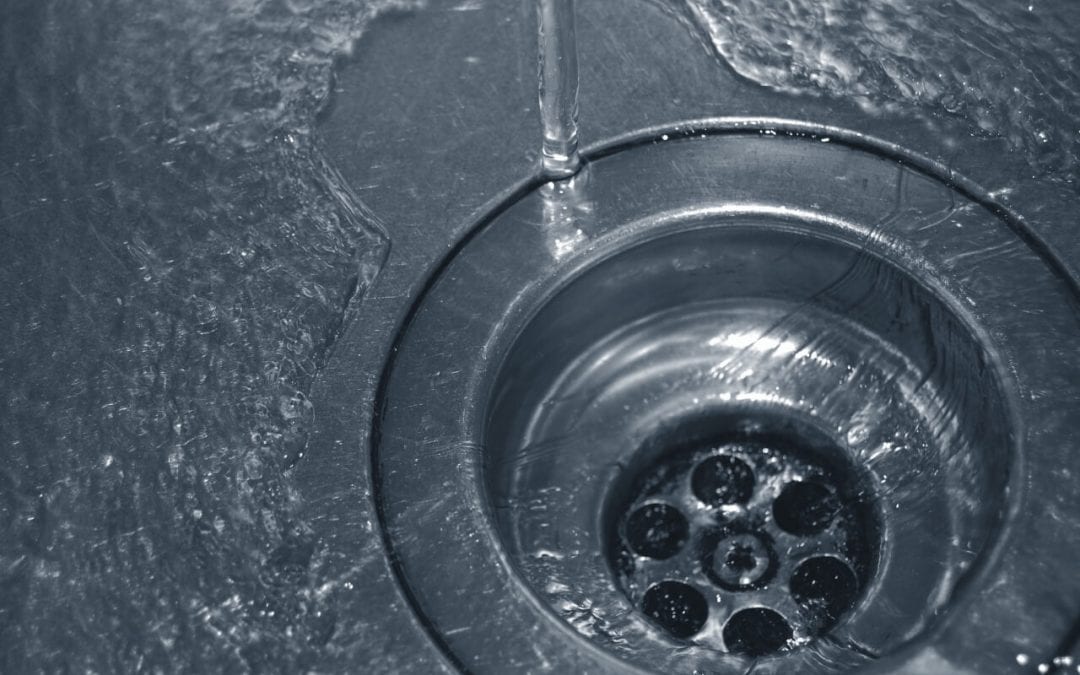
Why Septic Chemicals Are Used
 Many homeowners rely on septic chemicals to keep their septic systems running smoothly. These chemicals are designed to break down waste and prevent clogs in the pipes. However, using septic chemicals comes with its own set of risks, especially when they are poured down the kitchen sink.
Many homeowners rely on septic chemicals to keep their septic systems running smoothly. These chemicals are designed to break down waste and prevent clogs in the pipes. However, using septic chemicals comes with its own set of risks, especially when they are poured down the kitchen sink.
The Consequences of Using Septic Chemicals in Your Kitchen Sink
 When septic chemicals are poured down the kitchen sink, they not only kill the good bacteria in the septic tank but also harm the environment. These chemicals are toxic and can contaminate the soil and water supply if they seep into the ground. Additionally, they can corrode the pipes in your septic system, leading to expensive repairs or replacements.
When septic chemicals are poured down the kitchen sink, they not only kill the good bacteria in the septic tank but also harm the environment. These chemicals are toxic and can contaminate the soil and water supply if they seep into the ground. Additionally, they can corrode the pipes in your septic system, leading to expensive repairs or replacements.
Alternative Solutions for Maintaining Your Septic System
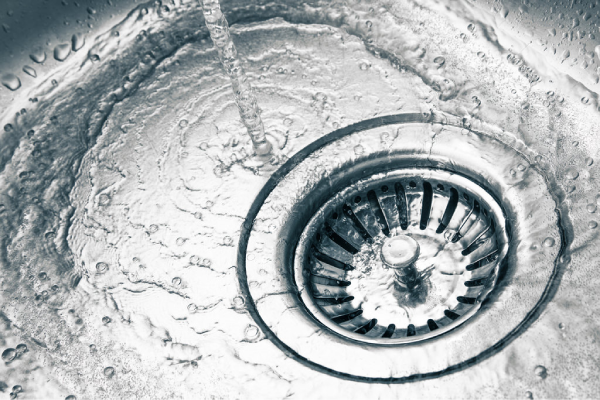 Instead of relying on septic chemicals, there are more natural and eco-friendly ways to maintain your septic system. Regularly pumping your septic tank, using enzyme-based cleaners, and being mindful of what you put down the drain can all help keep your septic system in good condition without causing harm to the environment.
Instead of relying on septic chemicals, there are more natural and eco-friendly ways to maintain your septic system. Regularly pumping your septic tank, using enzyme-based cleaners, and being mindful of what you put down the drain can all help keep your septic system in good condition without causing harm to the environment.
The Importance of Properly Maintaining Your Septic System
 Proper maintenance of your septic system is crucial to ensure its longevity and functionality. Neglecting its maintenance can lead to costly repairs and replacements, as well as potential health hazards for you and your family. By avoiding the use of septic chemicals in your kitchen sink, you are not only protecting the environment but also safeguarding the health and well-being of your household.
In conclusion
, while septic chemicals may seem like a quick and convenient solution, they can have detrimental effects on your septic system and the environment. It is important to explore alternative methods for maintaining your septic system and to educate yourself on the proper ways to care for it. By doing so, you can ensure the longevity of your septic system and contribute to a healthier and more sustainable environment.
Proper maintenance of your septic system is crucial to ensure its longevity and functionality. Neglecting its maintenance can lead to costly repairs and replacements, as well as potential health hazards for you and your family. By avoiding the use of septic chemicals in your kitchen sink, you are not only protecting the environment but also safeguarding the health and well-being of your household.
In conclusion
, while septic chemicals may seem like a quick and convenient solution, they can have detrimental effects on your septic system and the environment. It is important to explore alternative methods for maintaining your septic system and to educate yourself on the proper ways to care for it. By doing so, you can ensure the longevity of your septic system and contribute to a healthier and more sustainable environment.



